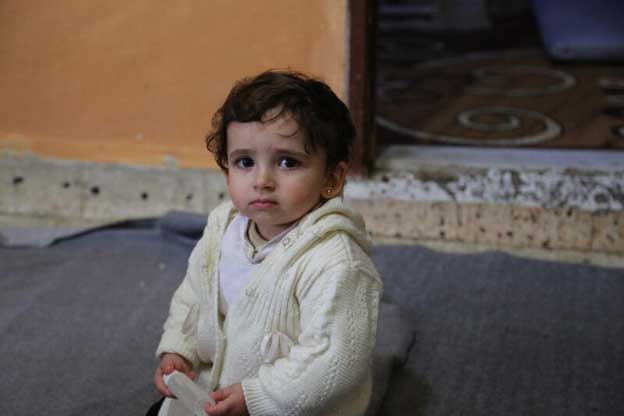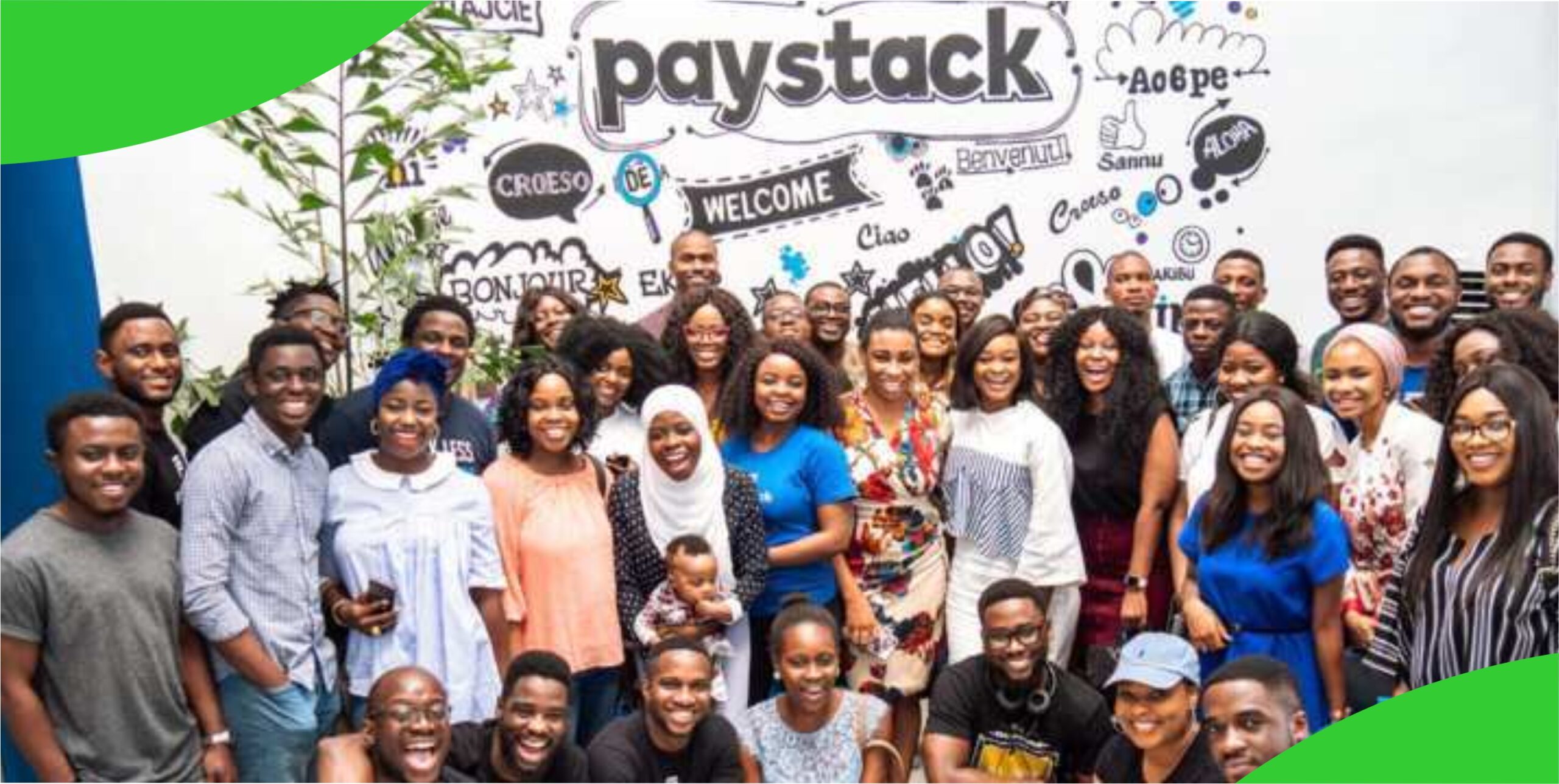[ad_1]

BEIRUT, Lebanon, Apr 27 (IPS) – Lebanon is perpetually at a crossroads, one the place native, regional, and worldwide pursuits appear to play towards one another—all of the extra so immediately with the warfare in Ukraine.
Now, tiny Lebanon, all too aware of the ripple results of world conflicts, has been virtually fully lower off from its staple meals— wheat — which was virtually completely provided by Russia and Ukraine earlier than the battle.
The nation has discovered no viable various to reasonably priced wheat and, with out it, flour mills and bakers have had bother supplying Lebanon’s important meals, Arabic pita bread.
On the identical time, world oil value spikes triggered by the Russia-Ukraine battle coupled with COVID-era provide chain points have hammered affordability, and it’s not simply bread that has been affected: the worth of maize, sugar, vegetable oil, and cooking fuel have created an affordability disaster that has precipitated Lebanon’s meals safety freefall.
Understandably, many worry {that a} vicious meals insecurity cycle —presently in its nascence — could possibly be the loss of life blow for crisis-struck Lebanon, with the nation lastly coming into the realm of failed states beset by battle.
Lebanon can unwell afford one other protracted disaster. In accordance with the World Financial institution, the nation’s present financial malaise is among the most extreme crises because the mid-nineteenth century.
In only a span of two and a half years, the financial disaster has prompted the poverty price to rise from 30% to round 80%, and that’s only for the Lebanese. Syrian and Palestinian refugees — who have been already poor and meals insecure — are faring worse as the costs of primary staple meals have skyrocketed and the federal government is scrambling to search out different, albeit much less reasonably priced, meals sources.
The federal government has approached different suppliers reminiscent of India and the US to attempt to safe various wheat suppliers. However in a worldwide context the place each different state depends on Russia and Ukraine for wheat, Lebanon has little bargaining energy to safe a sustainable provide, a lot much less outbid bigger gamers.
Maybe the worst half of the present meals insecurity cycle is that it was predictable. For many years, the worldwide group has warned that and not using a actual long-term meals and diet safety technique, Lebanon’s subsequent meals disaster could be deeper and existentially damaging.
Import dependency, stemming from Nineteen Nineties and early 2000s neoliberal financial insurance policies, meant commerce and companies have been promoted on the expense of agricultural manufacturing. The outcome was an insufficient meals safety infrastructure and monetary insurance policies that benefitted elites over hungry mouths.
Now, a massively unequal society underpinned by a rentier economic system, resilient sectors reminiscent of agriculture are so underdeveloped that Lebanon imports many meals which might be native to its territory. Even easy measures have been uncared for: Lebanon by no means instituted a strategic grain silo coverage, which might have seen the nation construct and purchase shares (when costs have been comparatively low) to stave off shocks like the present one.
Such a coverage might have taken benefit of the provision capability of Beirut port’s nationwide grain silos. The silos have now been slated for destruction, whereas various short-term storage alternate options are being patched collectively. That’s as a result of the nation has neither the funds nor the curiosity in rebuilding the silos—provided that their presence stands as a thorny reminder of the incompetence (if not worse) which finally led to the Port blast on August 4th, 2020.
The one factor that appears sure at this juncture is that Lebanon’s meals safety disaster will most probably worsen earlier than it will get higher—with no short-term options in sight. Proper now, coping mechanisms are being employed, each on the particular person and state ranges. The meals insecure are more and more consuming much less, skipping meals, borrowing meals, and spending much less on well being and training.
The state and the monetary system which helps it have resorted to the final resort: utilizing up the final of Lebanon’s international forex reserves to buy the naked minimal of meals provides. This month, flour mills went on strike to protest the very fact they’d not been supplied contemporary international forex from the central financial institution’s reserves.
The state scrambled to discover a credit score line, which it will definitely did from IMF funds that have been supposedly earmarked to cope with the COVID-19’s financial impacts. These reactive coverage methods look more likely to keep in place a minimum of till elections are held in mid-Might, and most probably till a authorities is fashioned many months after that.
Within the meantime, price-taker Lebanon will proceed to hope the battle in Ukraine abates alongside larger oil costs—an unlikely situation given Russia’s renewed deal with the Donbas area. With no enormous breakthrough anticipated for Lebanon’s opposition within the upcoming election, the ruling class will virtually definitely retain most levers of energy.
Their monitor file in coping with meals insecurity however, the size of the present disaster compels them to take some motion. As common, that can most likely come within the type of piecemeal measures somewhat than what is actually wanted: a holistic answer to the monetary disaster, deep financial reform measures, coupled with a sustainable, long-term meals and diet safety technique. There may be, nevertheless, some hope.
The contours of an IMF deal have been penned, even when it presently lacks sufficient substance or assist from co-funders to cope with the magnitude and content material of key pivotal points. The programme could be the beginning of a brand new course of for Lebanon, one the place optimists maintain that the victory for a major slice of opposition figures creates a situation the place independents play kingmaker in future parliament quotas.
Below this situation, the monetary disaster would begin to be resolved, folks would achieve extra entry to their financial savings, and meals insecurity would start to abate. Pessimists will wager that deeper meals insecurity in an electoral season is simply the proper recipe for nationwide instability—one thing which the political class is all too adept at creating and profiting from to delay elections and deepen patronage amidst folks rising extra destitute.
Actuality is usually discovered someplace between the best- and worst-case situations. Regardless of the case, and not using a clear, honest, and accountable answer to the monetary disaster and an actual meals safety plan, Lebanon’s bellies will quickly turn out to be as empty as its coffers.
Sami Halabi is the Director of Data and Co-founder of Triangle, the place he directs the operations of the corporate’s technique and data outputs throughout its three focus areas: coverage, analysis and media. Sami’s portfolio consists of work with UN organisations, worldwide NGOs in addition to a spread of print and broadcast media shops.
IPS UN Bureau
Observe @IPSNewsUNBureau
Observe IPS Information UN Bureau on Instagram
© Inter Press Service (2022) — All Rights ReservedUnique supply: Inter Press Service
[ad_2]
Source_link
